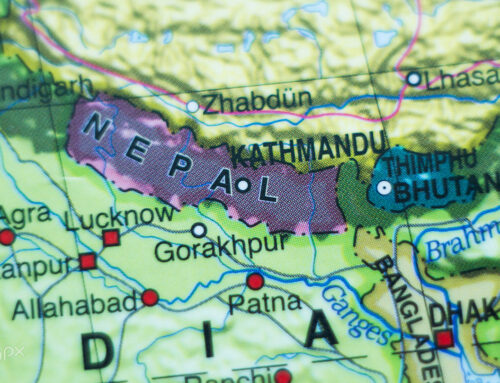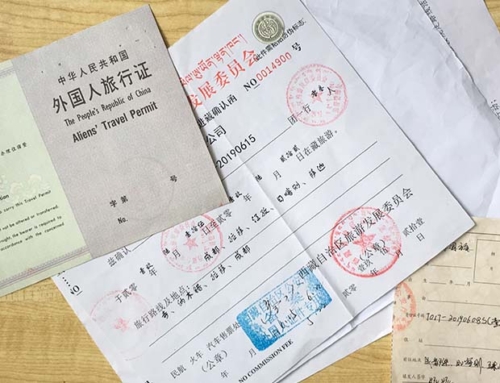In these precarious times, when the world seems to spin faster and more chaotically than ever, there is a call for us to pause, reflect, and listen to our hearts. The word “precarious” itself, with its Latin prefix “prec,” rooted in “prayer,” beckons us to explore the profound and timeless practice of metta meditation, also known as loving-kindness meditation. This article delves into the depths of metta, its significance, and how it can offer solace and hope in the midst of uncertainty.
The Essence of Metta: Unstoppable Friendliness
Metta, a Pali word, carries various translations such as loving-kindness, universal goodwill, or loving-friendliness. However, my personal favorite description, “unstoppable friendliness,” encapsulates its essence beautifully. Metta transcends boundaries and doesn’t discriminate; it shines like the sun, embracing all. It is one of the four divine abodes, along with compassion, appreciative joy, and equanimity, and it offers a genuine experience of our interconnectedness.
Cultivating Unconditional Goodwill
At its core, metta is a concentration practice designed to nurture unconditional goodwill for all beings. It involves reciting and contemplating a series of aspirations or prayers that convey your goodwill and unstoppable friendliness towards both yourself and others. As you repeat these aspirations, you gradually extend the scope of your loving-kindness—from yourself to those close to you, from those for whom you feel affinity to those you find challenging, and ultimately to all sentient beings.
Guided by the Karaniya Metta Sutta
To gain insight into the practice of metta, we can turn to the Karaniya Metta Sutta, also known as The Discourse on Loving-Kindness, where the Buddha teaches metta as a direct and simple way to engage with the present moment.
Wishing for Ease and Safety
One of the key aspects of metta is the art of wishing. We send out well-wishes for ourselves and others, like, “May I/you/all be free from inner and outer harm.” This simple phrase, when uttered with sincere goodwill, fosters a sense of calm acceptance of the world’s impermanence. It reminds us that we cannot control everything and that suffering and harm are inherent aspects of life.
Gradual Expansion of Compassion
A common challenge faced by practitioners is how to work with the most difficult person in their lives. Metta is like weight lifting; you start with lighter weights before attempting the heaviest. Similarly, it’s essential to begin metta practice with someone more accessible, such as yourself, a beloved mentor, or even a cherished pet or tree. By gradually expanding your circle of metta, you develop the capacity to work with the aversion and despair that may arise when directing metta towards challenging individuals.
Recognizing Internalized Oppression
Metta practice can also illuminate the self-hatred that many in the West grapple with. This self-hatred often stems from internalized oppression perpetuated by systems of dominance. Phrases like “May I love myself as I am” and “May I be happy and know the true causes of happiness” serve as tools to dispel this self-deception.
Transcending Anger and Ill Will
The Dhammapada teaches us that hatred can never be appeased by hatred itself; only non-hatred can dissolve it. Anger, while sometimes signaling injustice or harm, can easily lead to ill will towards those who trigger it. Wishing harm upon another, even in moments of anger, ultimately harms ourselves. The phrase “May you be happy and healthy,” when directed towards the source of our anger, can help purify our hearts of this toxic emotion.
Metta Meditation: A Practice
Here is a typical sequence of metta contemplations, recited three times while shifting your focus from “I” to “you” to “all.” Feel free to adapt these phrases to resonate with your own experiences:
- May (I/you/all beings) be safe and protected, free from inner and outer harm.
- May (I/you/all) be happy.
- May (my/your/everyone’s) body support the practice of loving awareness.
- May (I/you/all) be free from ill-will, affliction, and anxiety.
- May (I/you/everyone) love (myself/yourself/themselves) as (I am/you are/they are).
- May (I/you/all) be happy and free from suffering.
- May (I/you/all) find peace in an uncertain world.
- May (I/you/all) find ease on the middle path between attachment and apathy.
Should your concentration waver, return to these phrases with kindness, refraining from self-judgment. Embrace each moment with unstoppable friendliness, and may you discover the transformative potential of this practice.
Conclusion
In the midst of uncertainty, metta meditation offers a beacon of hope and healing. It reminds us of our innate capacity for boundless compassion and kindness. Through the simple act of well-wishing, we can foster peace, both within ourselves and in the world around us. May metta guide your journey towards happiness, love, and an unwavering commitment to the welfare of all beings.
FAQs of Loving-Kindness Meditation: May All Beings Be Happy
What is the origin of metta meditation?
Metta meditation, also known as loving-kindness meditation, finds its roots in ancient Buddhist teachings, particularly in the Pali Canon.
Can metta meditation help with anger management?
Yes, metta meditation can be a valuable tool for managing anger by promoting forgiveness and reducing ill will.
Is metta meditation compatible with other spiritual practices?
Absolutely. Metta meditation is not limited to any specific faith and can complement various spiritual or mindfulness practices.
How often should one practice metta meditation?
The frequency of metta meditation can vary from daily practice to occasional use as needed. It depends on individual preferences and needs.
Can metta meditation be taught to children?
Yes, metta meditation can be adapted for children and can help them develop empathy, kindness, and emotional regulation.









